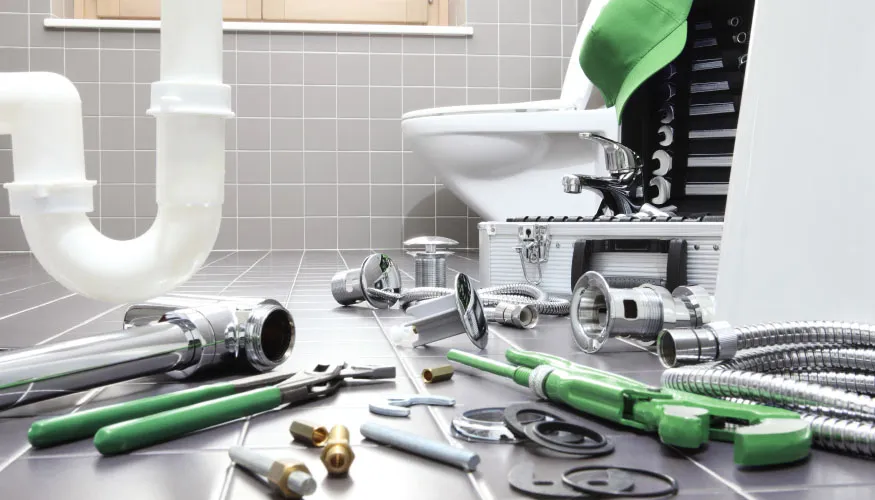The automotive industry is constantly evolving, and with it, the technology that powers our vehicles. One of the most significant advancements in recent years is the adoption of 12V 100Ah lithium batteries. These batteries offer a multitude of benefits that make them an ideal choice for modern vehicles. In this article, we will explore the advantages of using 12V 100Ah lithium batteries in the automotive industry and why they are becoming increasingly popular.

Enhanced Energy Efficiency
One of the primary benefits of using 12V 100Ah lithium batteries in the automotive industry is their enhanced energy efficiency. Lithium batteries have a higher energy density compared to traditional lead-acid batteries, which means they can store more energy in a smaller and lighter package. This increased energy density translates to longer driving ranges and improved fuel efficiency for electric and hybrid vehicles. For instance, a vehicle equipped with a 12v 100ah lithium battery can travel further on a single charge, reducing the need for frequent recharging and lowering overall energy consumption.
Longer Lifespan
Another significant advantage of 12V 100Ah lithium batteries is their longer lifespan. Unlike lead-acid batteries, which typically last for a few years, lithium batteries can last up to ten years or more with proper maintenance. This extended lifespan reduces the frequency of battery replacements, leading to cost savings for vehicle owners. Additionally, the longer lifespan of lithium batteries contributes to environmental sustainability by reducing the number of discarded batteries that end up in landfills.
Improved Performance
The performance benefits of 12V 100Ah lithium batteries are also noteworthy. These batteries provide consistent power output, ensuring that vehicles operate smoothly and efficiently. They are capable of delivering high currents, which is essential for starting engines and powering various electrical components in vehicles. For example, in cold weather conditions, lithium batteries perform better than lead-acid batteries, providing reliable starting power even in low temperatures. This reliability is crucial for ensuring that vehicles remain operational in all weather conditions.
Lightweight and Compact Design
The lightweight and compact design of 12V 100Ah lithium batteries is another key benefit. Lithium batteries are significantly lighter than their lead-acid counterparts, which helps reduce the overall weight of the vehicle. This weight reduction can improve vehicle handling, acceleration, and fuel efficiency. Furthermore, the compact size of lithium batteries allows for more flexible installation options, making them suitable for a wide range of vehicle types, from small cars to large trucks.
Environmental Benefits
In addition to their performance and efficiency advantages, 12V 100Ah lithium batteries offer several environmental benefits. Lithium batteries are more environmentally friendly than lead-acid batteries because they contain fewer toxic materials and are easier to recycle. The production process for lithium batteries also has a lower environmental impact compared to lead-acid batteries. By choosing lithium batteries, the automotive industry can contribute to reducing its carbon footprint and promoting sustainable practices.
In conclusion, the benefits of using 12V 100Ah lithium batteries in the automotive industry are numerous and compelling. From enhanced energy efficiency and longer lifespan to improved performance and environmental benefits, these batteries offer a superior alternative to traditional lead-acid batteries. As the automotive industry continues to innovate and evolve, the adoption of lithium batteries is likely to increase, driving further advancements in vehicle technology and sustainability. By embracing this cutting-edge technology, the automotive industry can pave the way for a more efficient, reliable, and environmentally friendly future.








